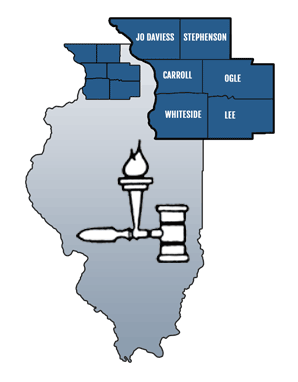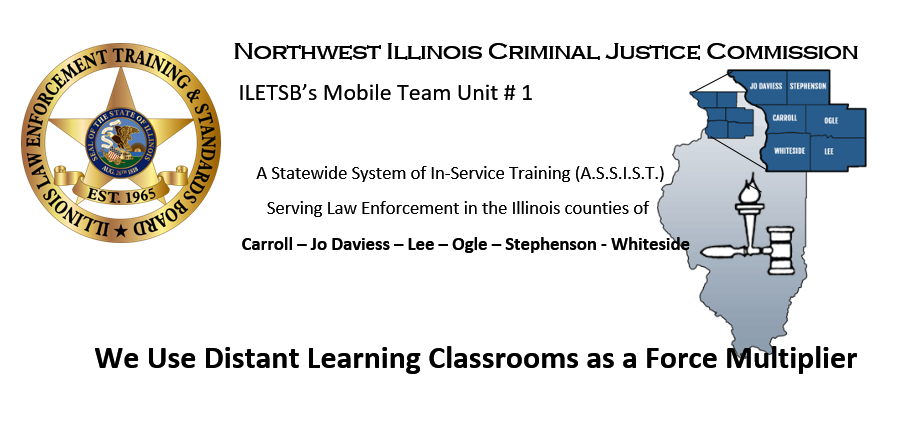Genetic Genealogy for Law Enforcement-Rockford
Ends On: Thursday, February 22, 2024
Registration Deadline: Wednesday, January 24, 2024
Time: 8:00 AM - 5:00 PM
NITAB Training Room
Rockford, IL 61108
IADLEST Certified Instructor & Law Enforcement Expert Witness
Members' Fee: $0
Sworn Non-Members' Fee: $0
Non-Members' Fee: $0
DOWNLOAD FILE
This course has been approved by ILETSB to meet the following mandates:
Procedural Justice 7.5 Hours
Lead Homicide Investigator 24 Hours
COURSE CONTENT:
Nothing is better than catching the perpetrator, helping to achieve justice for the victim, their family, friends, and loved ones. Nothing is worse than having no suspects, no leads, no resources, or time, and having no explanation other than, “We’ve done everything we can”. Easily go from “Whodunnit?” to “He or She did it!” using Genetic Genealogy. Through the remarkable use of DNA, technology, and genealogy, it is possible to isolate a suspect and go from an “unknown suspect” to a family name and possibly even the perpetrator themselves. Instead of spending hours canvassing a neighborhood, talking to endless witnesses, and fielding a multitude of fruitless hotline calls, let the DNA do the work for you. Along with a complete genetic profile, the available technology, and our training, you will have all the tools needed to locate your suspect pool or singular suspect in many times a matter of weeks, days, or hours. We also offer the opportunity to review, work on or start the genetic investigation on your active cases during the class. As a bonus, to continue building your skills, we have a private law enforcement only group specific for this training where you can ask questions, speak with other investigators, while further honing your skills as you work your cases.
TOPICS INCLUDE:
The background on genetics and genealogy and how it applies to these cases.
Locating, identifying, and understanding the technology needed.
Hands-on training working with real DNA profiles and genealogy data.
A workbook with cheat sheets, check lists and shortcuts.
Information on available grants.
Forensic DNA and Genetic Genealogy testing labs to develop the profile.
Information on options to set up your Genetic Genealogy Investigations division and how to obtain support personnel if needed.



